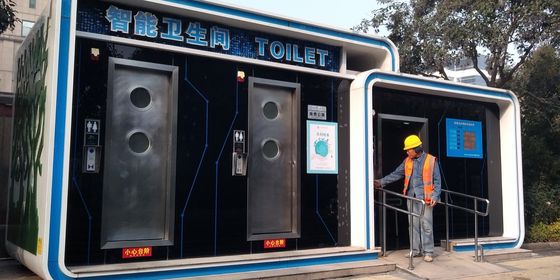A few new picks—and some classic solutions—for the clueless laowai
For visitors and non-native speakers, China’s fast-paced society can be hard to adjust to, especially since so many social and commercial interactions now involve local apps. Navigating these opportunities can be far easier with these helpful apps for non-native speakers:
Trip

Trip.com, the English version of Chinese travel site Ctrip, is a one-stop platform for booking trains and flights to last-minute hotel rooms. The option to pre-book train tickets and sign up for “ticket-snatching” services take the stress out of the Spring Festival rush, and the app isn’t only useful in China: with 19 different languages and 22 currencies to choose from, this handheld helper can follow you all over the world.
You Dao

A useful translation tool, You Dao or 有道‘s interface is in Chinese, but the icons make it easy to navigate. Features include a camera for reading characters on subway maps, signs, or menus. Unlike other popular translation apps such as Google Translate, You Dao is available without a VPN.
VIKI

A popular streaming app under the Japanese Rakuten Group, VIKI is a good way to gain a familiarity with Chinese-language pop culture. The app offers a vast collection of popular movies and TV shows with subtitles in more than 200 languages, and social aspects for users to rate and discuss the shows.
Eatwith

Eatwith allows visitors to enjoy a home-cooked meal in someone’s house, be it a Shanghai rooftop or Chengdu apartment. While options remain few in Beijing, the app is taking off in southern China, and in a recent survey on Dianping.com (itself a good resource for restaurant reviews), 76 percent of Shanghainese expressed willing to be both host and guest. This immersive cultural experience comes with an English interface.
Meituan Waimai

For a more traditional dining experience, there’s always popular take-out delivery app Meituan Waimai, which also offers supermarket items like fresh fruit and vegetables. Although the interface is in Chinese, once the basics (such as address) are set up, the pictures make the app easy to use.
Mobike

Biking, once a huge feature of Chinese urban culture, has come back in a huge way in the last three years. The oldest and largest bike-share app, Mobike, no longer requires a deposit; the interface is easy to use regardless of language, but offers English. Just scan the QR code on the bike, and start riding.
Foursquare

An all-encompassing guide for food, attractions, and experiences, Foursquare has become much more useful in China since ditching (blocked) Google Maps, while enhanced power efficiency means users can navigate without compromising their phone battery.
Cover image from pexels












